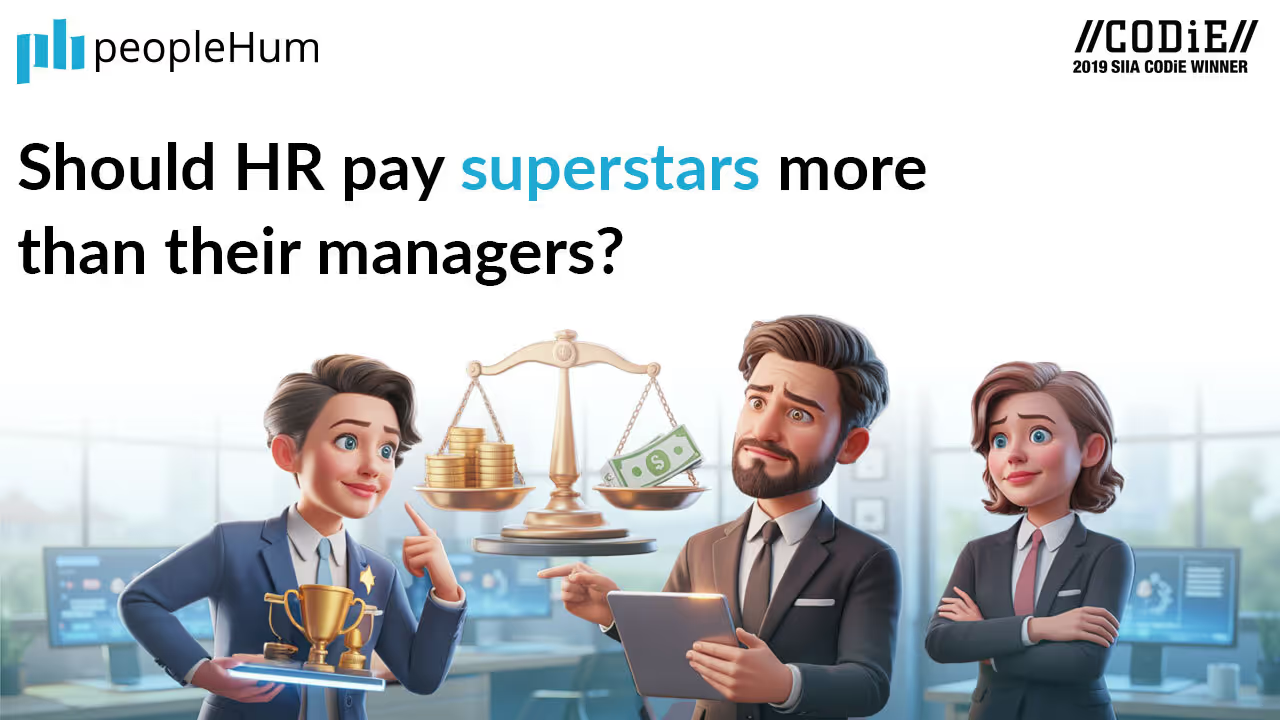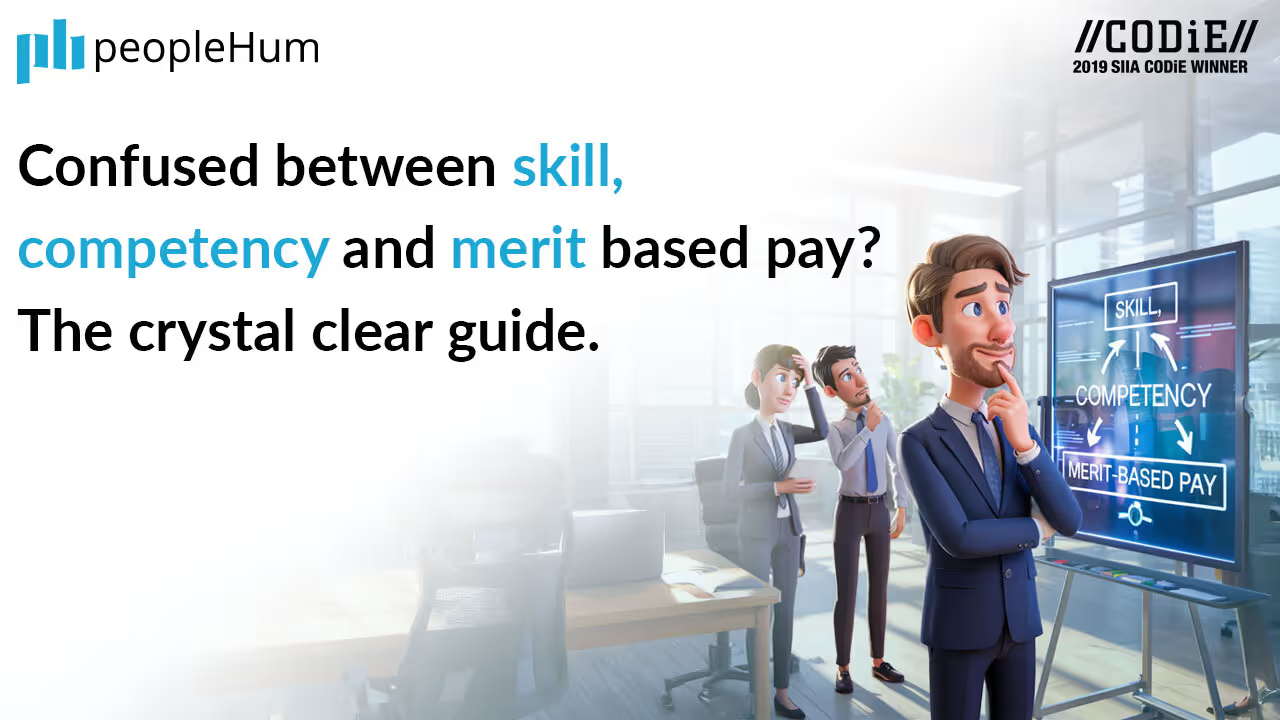Picture this: You're in the boardroom, watching a top executive who's just led the company through a rough patch, missed targets, unhappy teams, maybe even some bad calls that everyone whispers about. And then, when it's time to part ways, instead of a quick goodbye, they walk out with a massive check, benefits that last for years, and a grin that says "thanks for the ride." Sounds like a bad joke, right? But in the corporate world, this happens all the time. These are the kind of exit payouts that leave jaws dropping, especially when the performance wasn't stellar, but how does someone get rewarded for not quite hitting the mark?
Exit payouts that shock aren't just any goodbye gifts. They're the oversized severance deals handed to high-level folks, like CEOs. It's more of a safety net than a luxury hammock, cushy, expensive,these are often tied to contracts set up long before things go south to protect leaders from sudden changes. But when poor performance is in the mix, it raises eyebrows, and starts questions.
What does severance even mean?
Severance is one of those words that gets thrown around in HR meetings like it's no big deal. Severance is the package a company gives to someone who's leaving, usually when it's not their choice. It's like a bridge to help them move on without crashing hard- some cash, maybe benefits, to soften the blow.
Severance Is the Golden Parachute
These aren’t your average severance packages with a polite handshake and a “good luck” card. They’re lavish, over-the-top payouts handed to executives who often leave a trail of chaos behind.
Cash for Days: We’re talking millions in cold, hard cash, often enough to buy a fancy penthouse or two.
- Stock Bonanza: Execs get stock options or shares that keep paying out long after they’re gone.
- Perks Galore: Think private jet access, lifetime health benefits, or even a corner office they don’t use anymore.
- No Strings Attached: The wildest part? These deals often don’t care if the exec tanked the company. It’s like getting a trophy for losing the game.
These parachutes aren’t just a C-suite problem, it sparks resentment among employees who see their bosses fail upward while they’re lucky to get a week’s pay when laid off.
What does a severance package contain?
Golden parachutes aren’t just a big check, they’re a buffet of goodies that make your head spin. Here’s a breakdown of what these packages typically include, so you know exactly what you’re dealing with:
- Lump-sum cash payments: A fat stack of money, often tied to the executive salary or years of service. It’s not uncommon for this to be two or three times their annual pay.
- Stock options and equity: Stock grants or options that magically vest when they exit. This can be worth millions, especially if the company’s stock is still valuable (despite their performance).
- Extended benefits: Health insurance, life insurance, or even pension contributions that keep flowing long after they’re gone.
- Perks and privileges: Some get outrageous extras like company cars, club memberships, or consulting fees for “advisory” roles they’ll never actually do.
- Legal Protections: Clauses that shield them from lawsuits or bad press, like non-disparagement agreements.
Why do these huge payouts happen?
You’re probably screaming, “Why not just fire them and save the cash?” Fair question, but the corporate world plays by weird rules. Here’s why companies fork over millions to execs who don’t deserve it:
- Lure top talent: Execs sign contracts that guarantee big severance, win or lose. These deals are set in stone to attract “top talent” who want a safety net.Without that promise, good leaders might bail for safer gigs. Once inked, these deals stick, even if performance dips. It's like buying insurance you hope never to use, but when you do,
- Dodging lawsuits: Kicking out an executive can spark messy legal battles, especially if they use “wrongful termination.” Firing someone outright can lead to messy lawsuits, especially, A fat payout keeps things quiet and out of court, think of it as corporate hush money.
- PR damage control: Companies hate scandals. A check ensures the executives leave without trashing the company’s reputation. It’s like paying for a clean breakup.
- Market pressure: To snag high-profile execs, companies offer golden parachutes as a competitive edge. It’s a race to the top, even if the talent flops.
- Boardroom battles: Protection during shake-ups. Companies face mergers, takeovers, or boardroom battles all the time. Huge payouts act as a shield, letting execs make bold calls without fearing a quick boot.
HR is often stuck explaining these packages to employees who get a fraction of this treatment. These payouts happen because boards and leaders want smooth transitions. In the end, these huge payouts happen because corporate life is unpredictable, it's about balancing attraction with accountability.
Financial impact on companies
Handing out millions to a failing executive isn’t just a PR disaster, it’s a financial gut punch. Here’s how these payouts bleed companies dry and make your HR role even tougher:
- Drained budgets: Millions spent on severance could’ve gone to raises, training, or new hires. Instead, you’re stuck justifying why there’s no budget for employee programs.
- Stock price hits: Big payouts often tank stock prices, as investors hate seeing cash thrown at failure. This can lead to more financial pressure and layoffs, which HR has to manage.
- Opportunity costs: Money spent on golden parachutes isn’t invested in growth, like R&D, marketing, or tech upgrades. This slows the company down, and HR feels the ripple effects in stalled initiatives.
- Employee turnover costs: When workers see executives get rich for failing, morale tanks, and some jump ship. Replacing them costs time and money, which adds to HR’s workload.
- Reputation damage: A company known for lavish payouts struggles to attract top talent who care about fairness. HR spends more time convincing candidates the culture isn’t toxic.
As an HR pro, you’re on the front lines when these financial hits spark employee unrest or force budget cuts. It’s not just about the money—it’s about the trust and stability you’re trying to maintain.
The ripple effect: How big payouts screw over the workforce
When an exec walks away with a fortune for failing, the whole company feels the burn. Here’s how these payouts mess with your workforce and make HR’s job a circus:
- Morale meltdown: Employees see a failing CEO get millions while they’re scraping by or facing layoffs, and it results in resentment, distrust, and a “why bother?” attitude which HR has to fix.
- Trust in leadership crumbles: Big payouts signal that the board prioritizes executives over everyone else. Employees start questioning leadership’s judgment, and HR is stuck defending decisions he didn’t make.
- Recruitment gets trickier: Top talent might hesitate to join a company known for rewarding failure. You’ll have to work harder to sell the company culture when candidates are side-eyeing your C-suite payouts.
- Recruitment headaches: Top talent hesitates to join a company that rewards failure. HR works harder to sell the culture when candidates are Googling the latest payout scandal.
HR isn’t just about policies, it’s about managing the human fallout of these deals.These payouts make the job tougher, arm yourself with some strategies.
What can HR do: Navigating the golden handshake
You can’t rewrite the CEO’s contract, but you can take steps to lessen the damage and maybe even prevent these payouts from haunting your company. Here’s your game plan:
- Be transparent: Push for clear communication about why payouts happen. If employees know it’s a contractual obligation, they might grumble less. Share what you can without breaking confidentiality.
- Review contracts early: Work with legal and the board to scrutinize executive contracts before they’re signed. Look for clauses that tie severance to performance or cap payouts. It’s not foolproof, but it’s a start.
- Standardize severance policies: Create a clear, tiered severance policy for all employees based on role and tenure. This makes payouts seem fairer and cuts down on “why them, not me?” complaints.
- Nudge the board: If you’ve got a voice in the room, ask the board to consider the optics of big payouts. Try questions like, “How will this look to employees?” or “Can we link severance to results?” Be diplomatic but firm.
- Focus on employees: Counter the negativity with employee-centric initiatives, think recognition programs, training, or small perks. Show the workforce they’re valued, not just the C-suite..
- Legal crackdowns: Some regions are tightening rules on payouts with disclosure mandates or tax penalties. Keep tabs on local laws to ensure compliance and fairness.
These steps won’t erase the problem, but they’ll help you keep the ship steady when the golden parachute fallout hits.
Wrapping it up:
Golden parachutes for failing executives are a corporate clown show, From morale crashes to budget woes, these payouts make HR’s life harder. Because severance starts as a simple goodwill gesture, but over time, it's evolved into these complex deals, especially for top roles. In mergers or tough times, it acts as insurance for leaders taking risks. But when it's tied to poor performance, it gets tricky. It feels like paying extra for a meal that gave you food poisoning. But you’ve got power here, by pushing for transparency, smarter contracts, and employee-focused policies, you can mitigate the damage.


















































